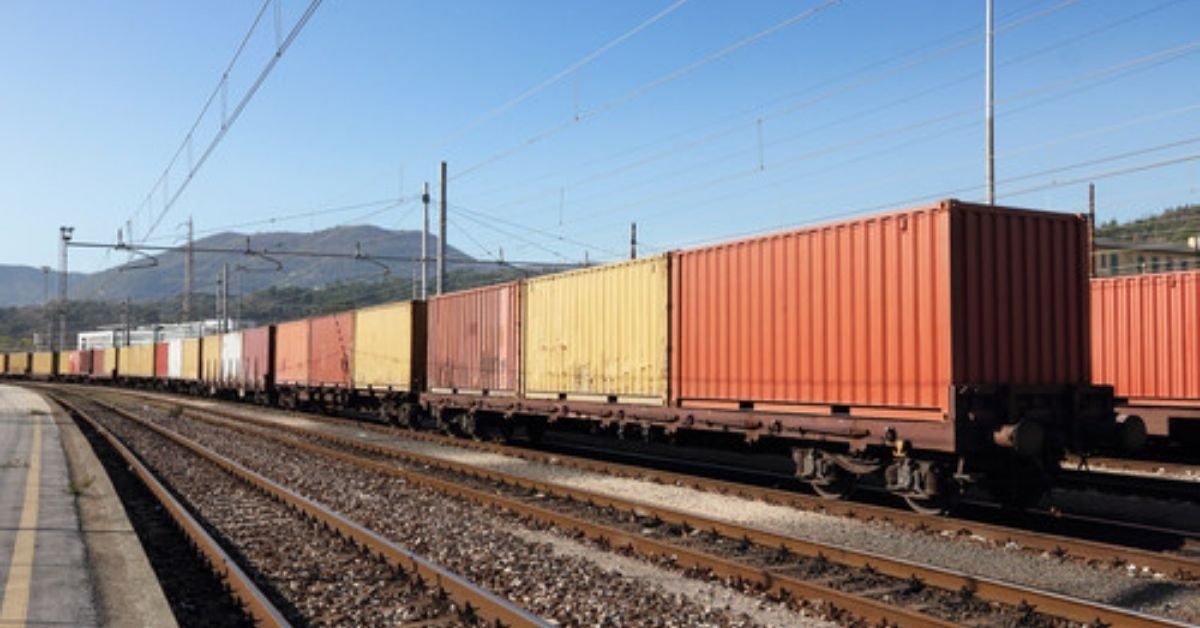The most recent to oppose the busy season charge levied by Indian Railways on Container train operators is the Private Ports & Terminal Operators Association. They have sought to revese the 10% charges on container traffic that took effect from 1 October.
“Rail is the fastest and most effective way of transporting cargo to/from terminals/ports to hinterland,” Kevin D’Souza, President, Indian Private Ports & Terminals Association (IPPTA), an industry lobby group, wrote in a letter to Sushil Kumar Singh, Joint Secretary, Ministry of Ports, Shipping, and Waterways, reports ET Infra.
Singh, an officer of the Indian Railway Service of Mechanical Engineers (IRSME), is on deputation to the Ministry of Ports, Shipping, and Waterways.
Pointing out that the extra levy would lead to conversion of container traffic from rail to road, D’Souza said that the “increase in road movement can adversely impact the overall dwell time of import cargo at the terminals/ports thereby increasing the logistics cost”.
“Slower evacuation of import containers from terminals/ports can also lead to congestion which can further increase the overall logistics cost,” D’Souza said while urging the Ministry of Ports, Shipping, and Waterways to take up the matter with the Ministry of Railways for “reconsidering” the levy on container traffic.
The new levy, according to IPPTA, will raise the cost of haulage paid by container train operators to the Indian Railways. “As this increase is in the form of a surcharge, all container train operators are likely to add this to their customer levies with immediate effect as well,” D’Souza said.
Infrastructure at ports and terminals is being geared towards increasing the rail coefficient, per the National Logistics Policy. “A step like this could act detrimental to the initiative and investments”, he said.
Further, conversion of container traffic from rail to road will adversely impact the Co2 emission and our commitment towards carbon neutral,” D’Souza added.






